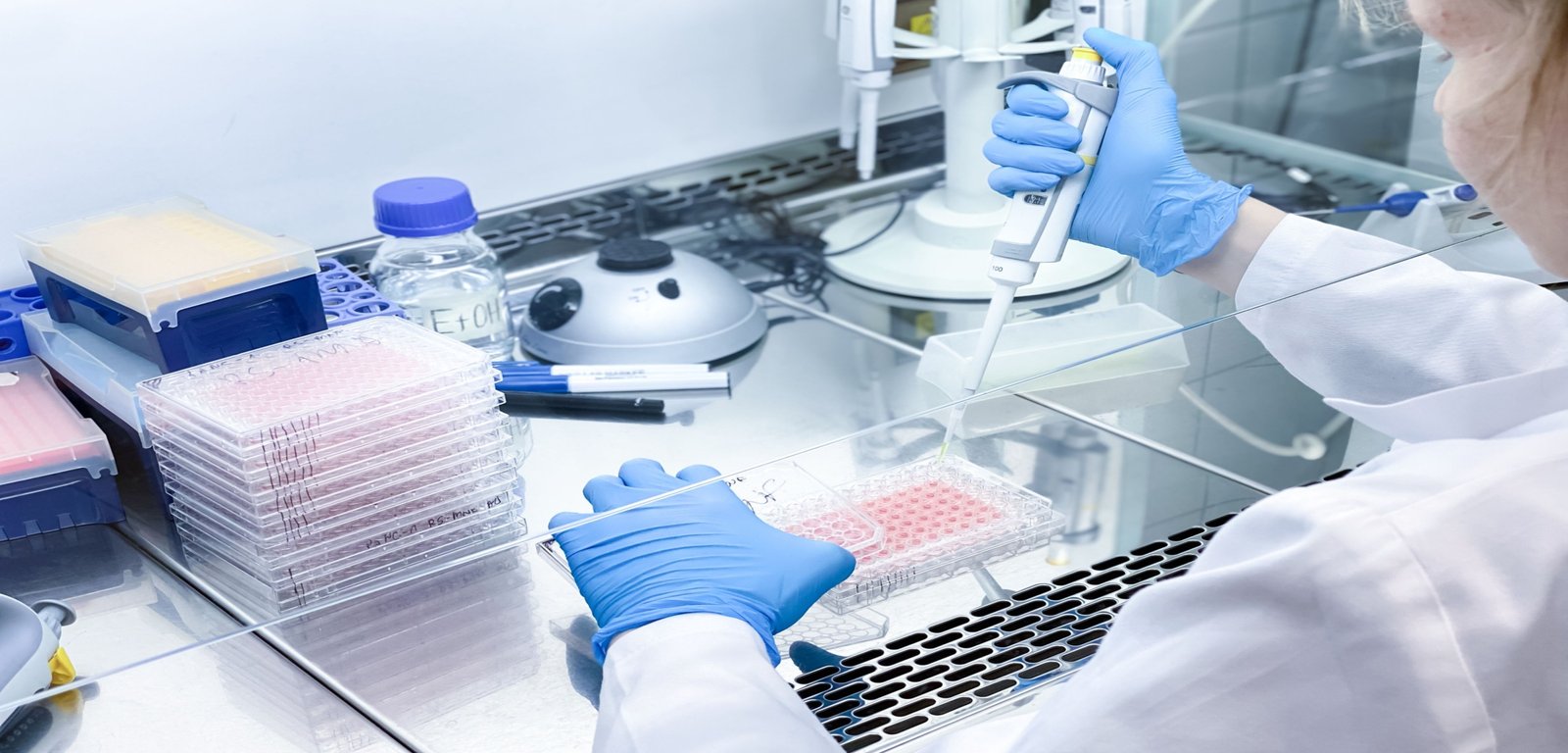No products in the cart.
Have you ever wondered what it takes to work in a pharmacy? Pharmacy technicians play a vital role in healthcare, assisting pharmacists and ensuring patients receive the right medications. But how do you become a pharmacy technician?
In this blog, we’ll explore the steps involved in becoming a pharmacy technician, from gaining qualifications to developing the right skills.

What Does a Pharmacy Technician Do?
Before diving into how to become a pharmacy technician, it’s essential to understand what the job involves. They support pharmacists in dispensing medication and providing customer service. Some of their tasks include:
- Preparing prescriptions
- Measuring and packaging medications
- Managing inventory
- Helping patients understand how to take their medicines
Thus, they help pharmacies run smoothly and make sure that patients receive the right medications promptly.
How to Become a Pharmacy Technician?
There are several steps you need to follow to become one. Therefore, each of these steps is important to ensure you are well-prepared for the role.
Complete Your Education
Most employers will require at least a secondary school diploma or its equivalent to start working as a professional. Therefore, finishing school is a critical first step. While still in school, focusing on subjects like chemistry, biology, and mathematics can provide a strong foundation.
Get a Pharmacy Technician Qualification
To become a skilled professional, you’ll need to complete a pharmacy technician training These programs typically take about one to two years, depending on whether you pursue a certificate, diploma, or associate degree. Some programs can even be completed online, offering flexibility for students. You can also enrol in the Wise Campus’s course.
During your training, you’ll learn about medical terminology, pharmaceutical calculations, and the laws that govern pharmacies. Moreover, you’ll also gain practical experience, which will prepare you for the daily tasks of the job.
Register or Get Certified
Once you’ve completed your training, the next step is to get certified or registered. In the UK, these professionals are required to register with the General Pharmaceutical Council (GPhC). To do this, you’ll need to complete a GPhC-accredited course and demonstrate that you meet their standards of proficiency.
Certification not only proves your competence but also increases your chances of employment. Many employers prefer certified technicians, as it reassures them that you have met national standards. Therefore, it’s an essential step in how to become a skilled professional.
Gain Work Experience
Some courses include internships or placements that provide hands-on experience. Gaining experience in a pharmacy setting helps you become familiar with the role’s demands. You may also consider volunteering in a healthcare environment to boost your CV.
Many employers prefer to hire candidates who have experience working in a pharmacy. So, gaining work experience while you study can give you a head start in your career.
Apply for Jobs
After completing your education and gaining certification, you’ll be ready to apply for pharmacy technician roles. Pharmacies in hospitals, retail, and even some care homes often seek qualified technicians.
When applying for jobs, it’s important to highlight your relevant training, experience, and certification. A well-prepared CV can help you stand out to potential employers and increase your chances of landing your first job.
Skills You Need as a Pharmacy Technician
To become a pharmacy technician, having the right skills is just as important as gaining the proper qualifications. Here are some essential skills that successful experts have:
Attention to Detail
They handle medications that can have a significant impact on patients’ health. Therefore, it’s crucial to be highly detail-oriented to avoid any mistakes, such as dispensing the wrong medication or dosage.
Communication Skills
Pharmacy technicians often interact with patients, pharmacists, and other healthcare professionals. Being able to explain medication instructions clearly is vital, especially when dealing with patients who may be unsure about how to take their medicines.
Organisational Skills
Pharmacies are busy environments, and technicians need to manage multiple tasks simultaneously. Therefore, staying organised and managing time effectively is key to keeping things running smoothly.
Customer Service Skills
In many cases, they are the first point of contact for patients. Thus, being friendly, approachable, and patient can make a big difference in providing good customer service.
Workplaces for Pharmacy Technicians
Pharmacy technicians have the opportunity to work in various settings, each offering its own challenges and rewards. Some common workplaces include:
Retail Pharmacies
These are the most common workplaces for pharmacy technicians. Retail pharmacies are often fast-paced environments where you’ll interact directly with customers. It’s an excellent setting for those who enjoy working with the public.
Hospital Pharmacies
In hospital pharmacies, the role is more focused on preparing medications for inpatients. You’ll work more closely with healthcare teams, ensuring patients receive the correct treatments.
Care Homes
Professionals working in care homes provide medication to elderly residents or those with long-term health conditions. It’s a fulfilling role if you are passionate about improving the lives of vulnerable individuals.
Online Pharmacies
With the rise of online pharmacies, some of them work in a digital environment, preparing and dispatching medications ordered online. It’s a slightly different work setting but one that’s becoming increasingly important.

The Benefits of Becoming a Pharmacy Technician
Deciding to become a pharmacy technician comes with several benefits, especially if you’re looking for a long-term career in healthcare.
- Job Stability: Pharmacies are essential in healthcare, meaning pharmacy technicians are always in demand. Thus, this career offers excellent job security.
- Quick Path to Employment: Compared to some healthcare roles, the training required to become a expert is relatively short. This means you can start your career sooner than if you were to pursue other medical fields.
- Career Growth Opportunities: After becoming a technician, you can continue developing your career by specialising in different areas or advancing to more senior roles. For example, you could become a pharmacy manager or even pursue further education to become a pharmacist.
- Fulfilling Work: Helping people manage their health and well-being is highly rewarding. Many of them take great pride in knowing they play a vital part in ensuring patients receive the right treatments.
Conclusion
So, how do you become a pharmacy technician? By following these steps—completing your education, gaining the necessary qualifications, and building essential skills—you can start a fulfilling career in healthcare. The role offers great job stability, opportunities for growth, and the chance to make a difference in people’s lives.
Moreover, they are key players in the healthcare system, ensuring that patients receive the medications they need safely and efficiently. If you’re detail-oriented, enjoy working with people, and want a stable job, this could be the perfect career path for you.






